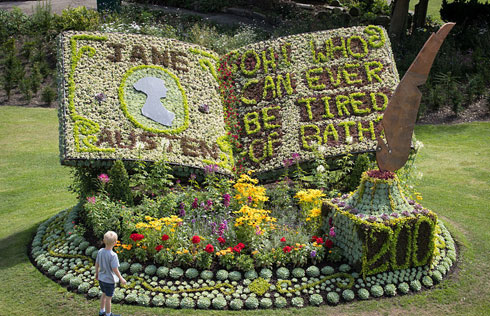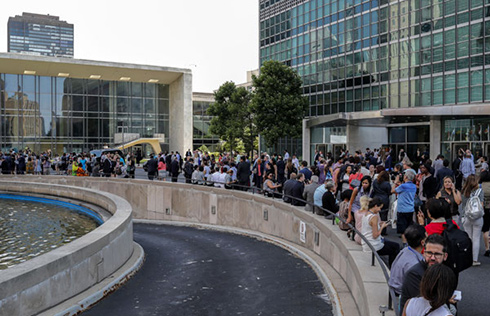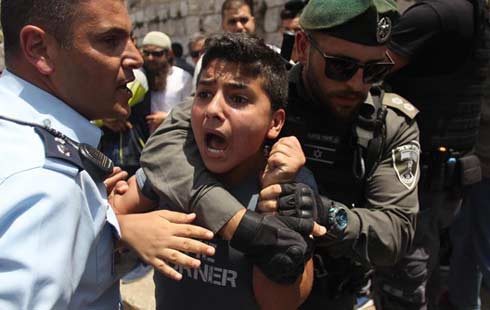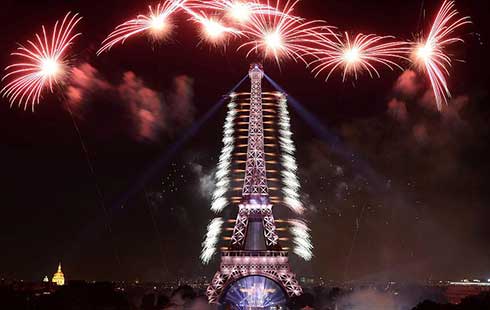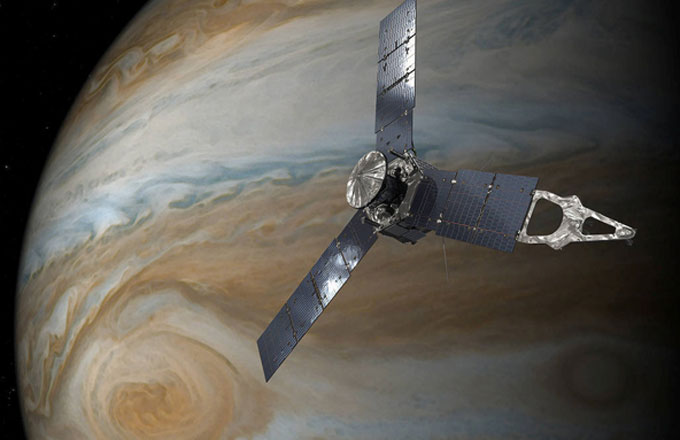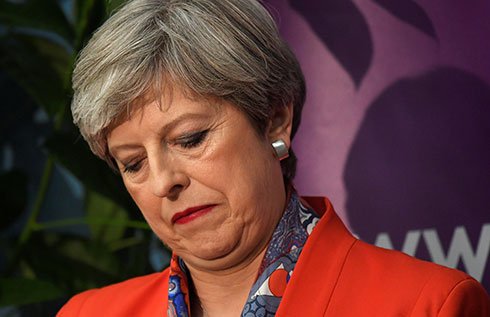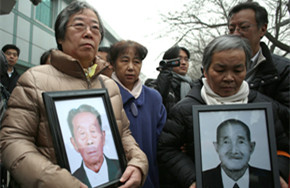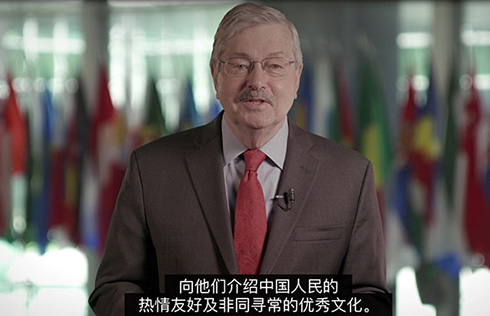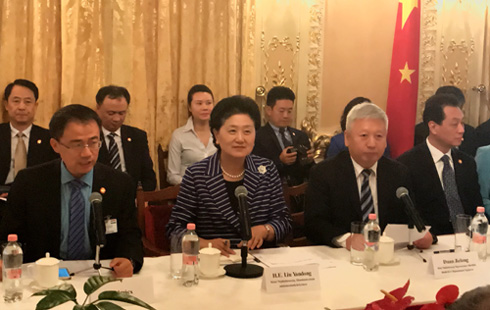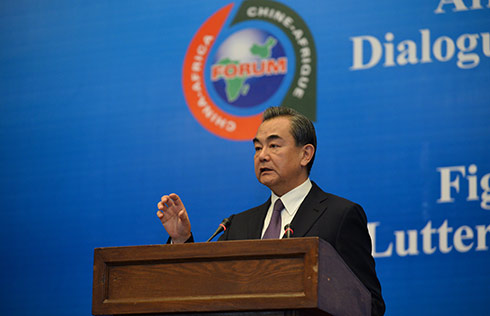Taliban offer to free US soldier
If the Taliban hold talks with American delegates in the next few days, they will be the first US-Taliban talks in nearly one and a half years.
US Secretary of State John Kerry was expected in Doha ahead of a conference there scheduled for Saturday on the Syrian civil war. He was not expected to meet with the Taliban although other US officials might in coming days.
On Wednesday in Washington, State Department spokeswoman Jen Psaki said the US had "never confirmed" any specific meeting schedule with Taliban representatives in Doha.
Prospective peace talks were again thrown into question Wednesday when Karzai became infuriated by the Taliban's move to cast their new office in Doha as a rival embassy.
The Taliban held a ribbon-cutting ceremony Tuesday in which they hoisted their flag and a banner that evoked the name they used while in power more than a decade ago: "Political Office of the Islamic Emirate of Afghanistan." Later, the Taliban replaced the sign to read simply: "Political office of the Taliban."
At the ceremony, the Taliban welcomed dialogue with Washington but said their fighters would not stop fighting. Hours later, the group claimed responsibility for a rocket attack on Bagram Air Base outside the Afghan capital, Kabul, which killed four American service members.
The US expectation had been that US-Taliban talks would be followed several days later with direct talks between the Taliban and a Karzai peace delegation.
But on Wednesday, Karzai announced that his government would not participate, apparently also angered by the way Kabul had been sidelined in the US-Taliban bid for rapprochement.
The Afghan president also suspended negotiations with the United States on a bilateral security agreement that would cover American troops who will remain behind after the final withdrawal of NATO combat troops at the end of 2014.
That left US officials scrambling to save the talks, and Kerry spoke with Karzai in phone conversations in an effort to bring him back on board.
On Thursday, Karzai spokesman Fayeq Wahidi said the Afghan president is willing to join peace talks with the Taliban if the US follows through with promises he said were made by Kerry over the phone.
Wahidi said Kerry promised Karzai that the Taliban flag and a nameplate with their former regime's name would be removed and that the US would issue a formal written statement supporting the Afghan government and making clear that the Taliban office would not be seen as an embassy or government-in-exile.
"If all those assurances and commitments the US had given, if we are assured that they will be fully put in place on the issue of talks in Qatar," Wahidi said, "we would see no problem in entering into talks with the Taliban in Qatar. "
A decision on whether to restart the US security agreement talks would be made after those assurances, he added, referring further questions to the foreign ministry.
On Thursday, the "Islamic Emirate" nameplate had been removed from the Taliban office. The flagpole inside the compound was apparently shortened and the Taliban flag — dark Quranic script on a white background — was still flying but not visible from the street. Journalists gathered at the office shot images of the flag through the gaps in the walls.
The Taliban have long refused to talk to Karzai's representatives but the opening of the office was seen as a first step toward those meetings.
Suhail said the Taliban are insistent that they want their first interlocutors to be the United States. "First we talk to the Americans about those issues concerning the Americans and us (because) for those issues implementation is only in the hands of the Americans," he said.
"We want foreign troops to be pulled out of Afghanistan," he added. "If there are troops in Afghanistan, then there will be a continuation of the war."
Suhail indicated the Taliban could approve of American trainers and advisers for the Afghan troops, saying that "of course, there is cooperation between countries in other things. We need that cooperation."
He said that once the Taliban concluded talks with the United States, they would participate in all-inclusive Afghan talks.
Suhail ruled out exclusive talks with Karzai's High Peace Council, which has been a condition of the Afghan president, who previously said he wanted talks in Doha to be restricted to his representatives and the Taliban. Instead, the Taliban would talk with all Afghan groups, Suhail said.
"After we finish the phase of talking to the Americans, then we would start the internal phase ... that would include all Afghans," he said. "Having all groups involved will guarantee peace and stability."





